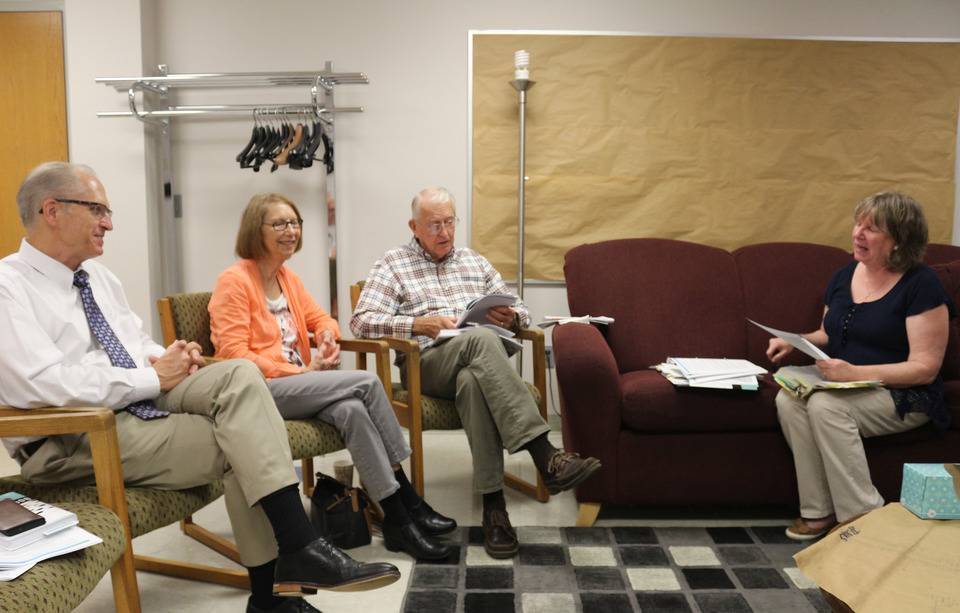Print
Weekly Devotion
2-1-26
Introduction: The world’s idea of love is filled with caveats and contracts. I will do this for you and love you as long as you do this for me and love me. When the other person fails on their half of the bargain, the contract is ripped up and the flow of love both ways stops. The Christian church is unique in that this is not how God loves us or calls us to love each other. God models true unconditional love for the world in Christ and then gives us the blueprint in the Beatitudes to carry it out with one another.
Matthew 5:1-12
When Jesus saw the crowds, he went up the mountain; and after he sat down, his disciples came to him. 2Then he began to speak, and taught them, saying:
3“Blessed are the poor in spirit, for theirs is the kingdom of heaven.
4“Blessed are those who mourn, for they will be comforted.
5“Blessed are the meek, for they will inherit the earth.
6“Blessed are those who hunger and thirst for righteousness, for they will be filled.
7“Blessed are the merciful, for they will receive mercy.
8“Blessed are the pure in heart, for they will see God.
9“Blessed are the peacemakers, for they will be called children of God.
10“Blessed are those who are persecuted for righteousness’ sake, for theirs is the kingdom of heaven.
11“Blessed are you when people revile you and persecute you and utter all kinds of evil against you falsely on my account. 12Rejoice and be glad, for your reward is great in heaven, for in the same way they persecuted the prophets who were before you.
Discussion Questions
Opening Discovery
1. When you are in a place of trauma or worry or loss, what brings you comfort?
Discover More
2. Each beatitude is a condition tied to a promise. Look again at each: which combination of condition and promise speaks most to you?
3. How does each promise relate to its condition? Are they like opposites? Or something else.
4. What is the difference between reading the passage as an imperative, “do this and be blessed,” or as an indicative, “this has happen, and blessing is given nonetheless.”
What insight does that give you?
5. For each of the beatitudes—
What does each look like in the world today? An experience for yourself or others
“poor in spirit.”
“those who mourn”
“the meek”
“those hunger and thirst for righteousness”
“the merciful”
“the pure in heart”
“peacemakers”
“persecuted for righteousness sake”
Discover More Together
6. Have you experienced any of these beatitudes, both as a condition and an experience of God? e.g. You mourned and you were comforted. Is there another beatitude that describes your experience? What happened?
7. The beatitudes describe something of how God comes along side to comfort and love, when we are in an “unlovely” situation. How might the beatitudes describe how we are to relate to another human being in an unlovely situation? What would it look like for you to be the one to carry out the promise side of the beatitude? For a list—see question 5.


